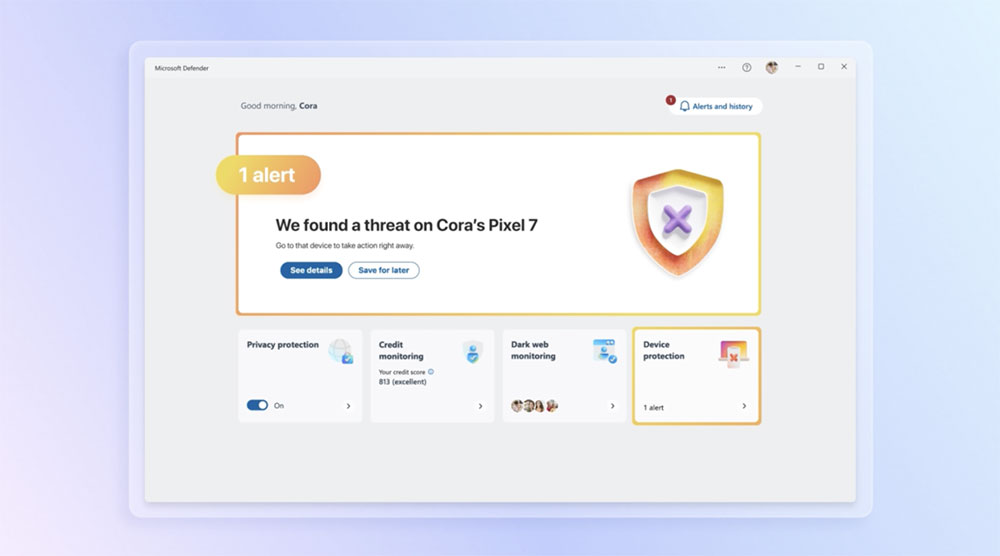
Assessing the Impact of Cancel Culture on Freedom of Expression
February 2025
The debate on 'cancel culture' and its implications on free speech is a hot topic, as reported by Al Jazeera's digital show, The Stream. The term 'cancel culture' refers to the social phenomenon of collectively boycotting or 'canceling' public figures or entities when they have said or done something perceived as offensive or harmful.
In recent years, the phenomenon has gained traction, significantly impacting the lives and careers of several individuals. However, the real question is whether cancel culture acts as a deterrent to free speech or promotes accountability.
Some argue that cancel culture is a form of online bullying that suppresses free speech and creates a fear-based environment. This fear of backlash can potentially prevent individuals from voicing their opinions, thus limiting the freedom of speech. On the other hand, advocates for cancel culture argue that it is a necessary tool to hold individuals and organizations accountable for their actions, particularly in an era where traditional legal and social systems often fail to do so.
Despite its critics, cancel culture continues to be an influential force in society. The Stream invites viewers to join the conversation and share their views on its impact on free speech.









